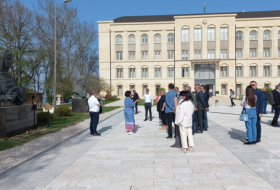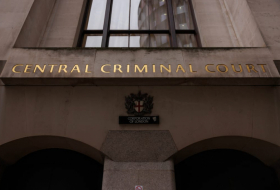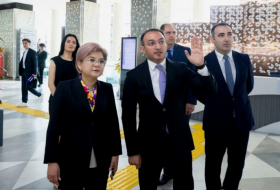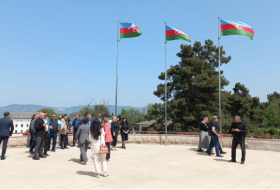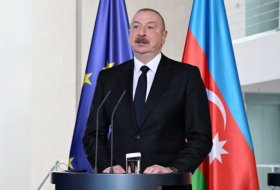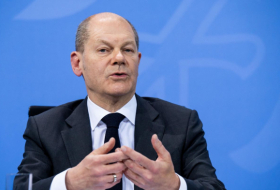The complex political structure that the Dayton Peace Agreement brought to the country plays an active role in the failure of the formation in a short period of time.
Bosnia and Herzegovina consists of two entities -- the Federation of Bosnia and Herzegovina (FBiH) and the Republika Srpska (RS). FBiH consists of 10 cantons that have their own parliaments and governments, while there is also a Council of Ministers -- the highest council in the country.
Following the announcement of the official election results, political parties that have seats in the canton, entity and state parliaments began coalition negotiations to establish a majority in the parliament as well as to form a government.
While the majority of the state-level Council of Ministers could not be established in the parliament, the majority of the parties continue to negotiate with each other.
At the level of the entities, a government has been formed only in the RS so far .
Bagging 31 percent of the votes in the RS, Milorad Dodik's Alliance of Independent Social Democrats (SNSD) has played an important role in the success of the establishment of government.
While eight of the 16 ministers in the government were chosen from SNSD, government was formed alongside the Socialist Party (SP), Democratic People's Alliance (DNS), National Democratic Movement (NDP) and Democratic Alliance (DEMOS).
The other entity FBiH is yet to form a new government, while only three out of its 10 cantons managed to kick off their own new governments.
In the Sarajevo Canton, the government was successfully formed with the coalition of six political parties. The Democratic Action Party (SDA) was not included in the government despite getting the majority of the votes.
The SDA was left out again in the new government of Una-Sana Canton even though it got the most votes.
After the last parliamentary elections on Oct. 12 in 2014, the state-level government was formed in 5.5 months, while it took 16 months after the 2010 elections.
The fact that some political parties are required to establish a state-level government after cantons and entities is making it more difficult to form a government in Bosnia and Herzegovina, which already has one of the most complex political structures in the world.
More about: Bosnia-and-Herzegovina













